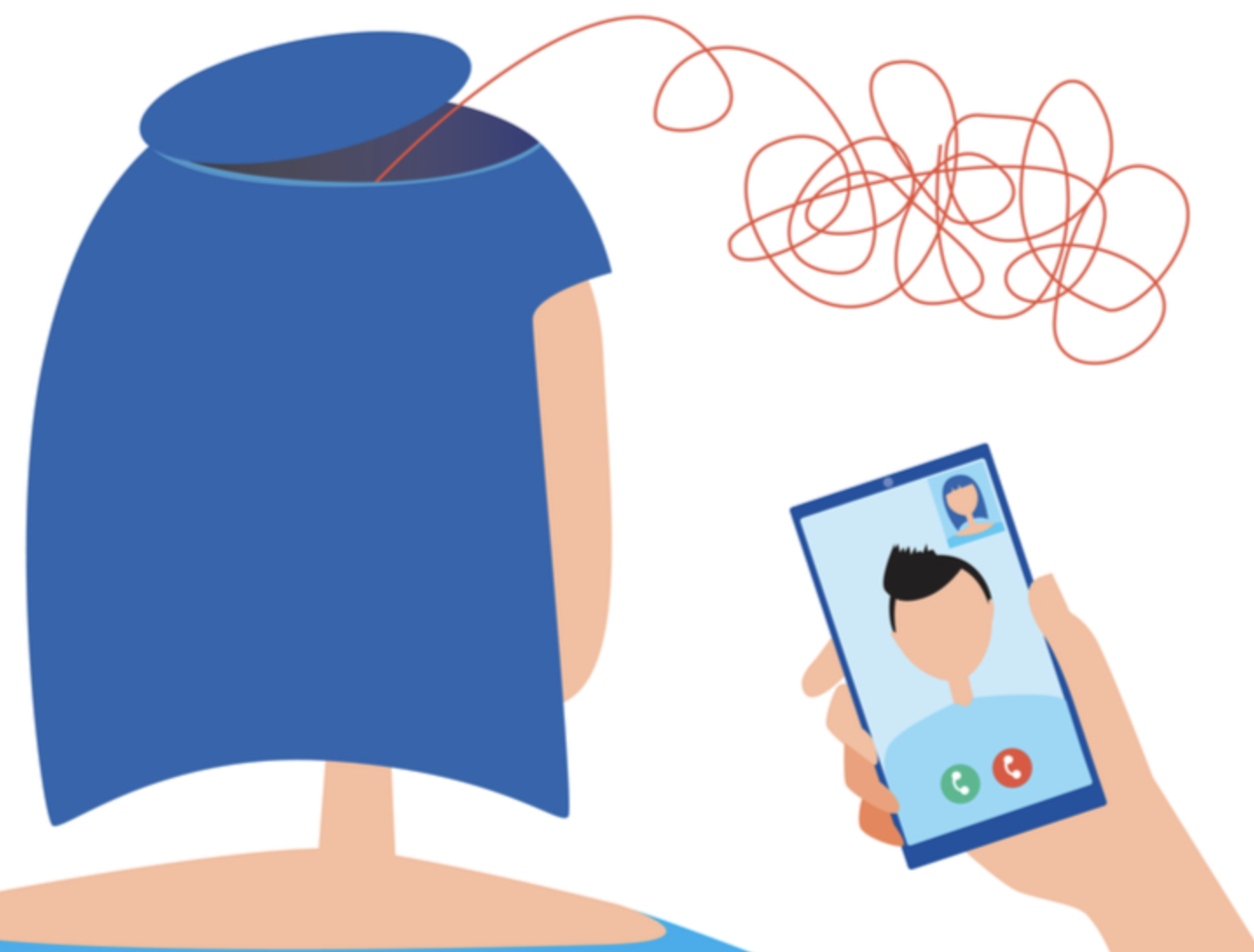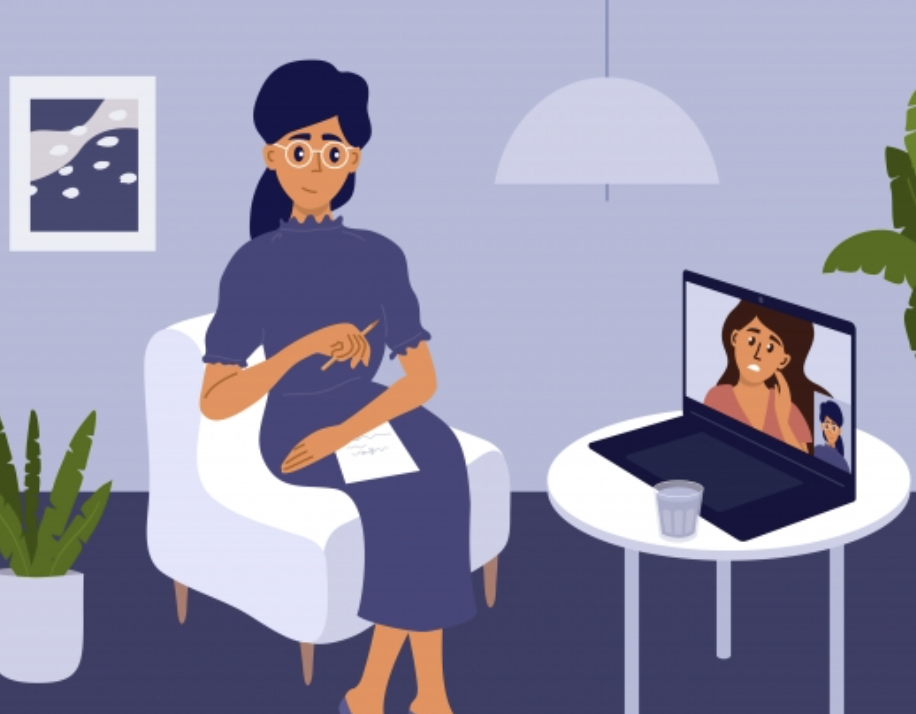How Technology is Transforming Access to Mental Health Care
The Emergence of Online Therapy and Teletherapy in the Digital Age
As the world grows increasingly digital, mental health care is not left behind. With the rise of online and teletherapy, technology is now playing a pivotal role in making mental health services more accessible and convenient. These digital platforms are breaking down traditional barriers, such as geography, cost, and stigma, thus ensuring that more people receive the help they need.
Online therapy and teletherapy have emerged as viable alternatives to traditional face-to-face therapy. They offer various channels of communication, including video calls, text messaging, and emails, enabling a new level of accessibility and convenience for patients seeking mental health support.
The Benefits of Online and Teletherapy: Accessibility, Affordability, and Anonymity
One of the primary advantages of online and teletherapy is their accessibility. No longer do individuals need to travel long distances or arrange their schedules around clinic hours. Anyone with an internet connection can now access mental health support from the comfort of their home.
Teletherapy also tends to be more affordable than traditional therapy, reducing financial barriers for those seeking help. Furthermore, the anonymity provided by online platforms can help alleviate the stigma often associated with mental health issues, encouraging more people to seek treatment.
The Impact of COVID-19 on the Uptake of Online Therapy and Teletherapy
The COVID-19 pandemic has played a significant role in accelerating the adoption of online therapy and teletherapy. As lockdowns and social distancing measures made traditional therapy inaccessible, many turned to digital platforms for mental health support. This rapid shift demonstrated the effectiveness and feasibility of online therapy on a large scale, paving the way for its continued use post-pandemic.
The Future of Mental Health Care: Integration of AI and VR Technologies
The future of online therapy and teletherapy is promising and exciting, with emerging technologies like artificial intelligence (AI) and virtual reality (VR) poised to revolutionize mental health care. AI could enhance personalization and effectiveness of treatment, while VR offers immersive experiences for exposure therapy and stress reduction.
These technological advancements hold the potential to make therapy even more accessible and effective, catering to a diverse range of needs and preferences.
Challenges and Considerations in Online and Teletherapy Adoption
Despite the numerous benefits, there are challenges to consider with the rise of online and teletherapy. These include ensuring privacy and security, managing technical difficulties, and addressing the digital divide that may limit access for some populations. Nonetheless, as technology continues to advance and regulations adapt, these issues are being addressed to ensure that online and teletherapy can provide safe, effective, and inclusive mental health care.
In conclusion, the rise of online therapy and teletherapy represents a significant step forward in mental health care. By harnessing technology, we are making mental health services more accessible, affordable, and effective than ever before. As we navigate the digital age, it's clear that the future of mental health care is here, and it's online.






